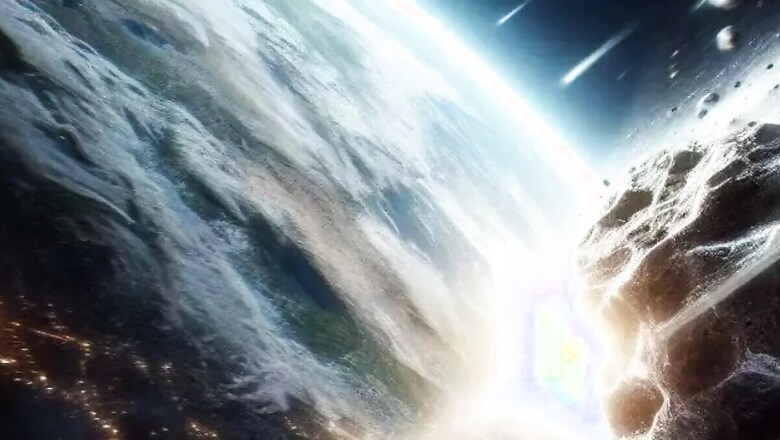
views
NASA has announced that two asteroids, 2024 KH3 and 2024 PK1, are expected to pass near Earth on August 10. Despite their proximity, both will remain at a safe distance from our planet. According to NASA’s Small-Body Database Lookup, asteroid 2024 KH3 is classified as a near-Earth asteroid (NEA) and belongs to the Amor group. This sizable space rock is travelling at a speed of 11.42 km per second, equivalent to 41,125 kilometres per hour. Although it will come relatively close, NASA has confirmed that the asteroid will pass by safely without altering its trajectory. It is projected to make another close approach in June 2037.
On the same day, asteroid 2024 KH3 won’t be the only one making an appearance. A comparatively smaller asteroid, 2024 PK1, will also come near Earth. This asteroid, approximately 110 feet in size, will pass within 4,010,000 miles of Earth. It too is classified as a Near-Earth Object (NEO) and belongs to the Amor group, according to NASA’s Asteroid Watch.
NASA suggests that Earth will remain unharmed as these space rocks continue their journey through the cosmos.
The Asteroid Watch dashboard monitors asteroids and comets that will make relatively close approaches to Earth. It provides detailed information for each encounter, including the date of closest approach, the object’s approximate diameter, its relative size, and its distance from Earth.
Asteroids, also referred to as minor planets, are rocky remnants from the early solar system, dating back 4.6 billion years. These celestial bodies, which orbit within the inner solar system, do not have atmospheres. Scientists predict their paths using a combination of observations, mathematical models, and advanced technology.
Some asteroids and fragments have collided with Earth, leading to significant geological changes and impacting the course of life on our planet. A well-known instance is the Chicxulub impact, which happened around 66 million years ago and is believed to have caused the mass extinction of the dinosaurs.




















Comments
0 comment